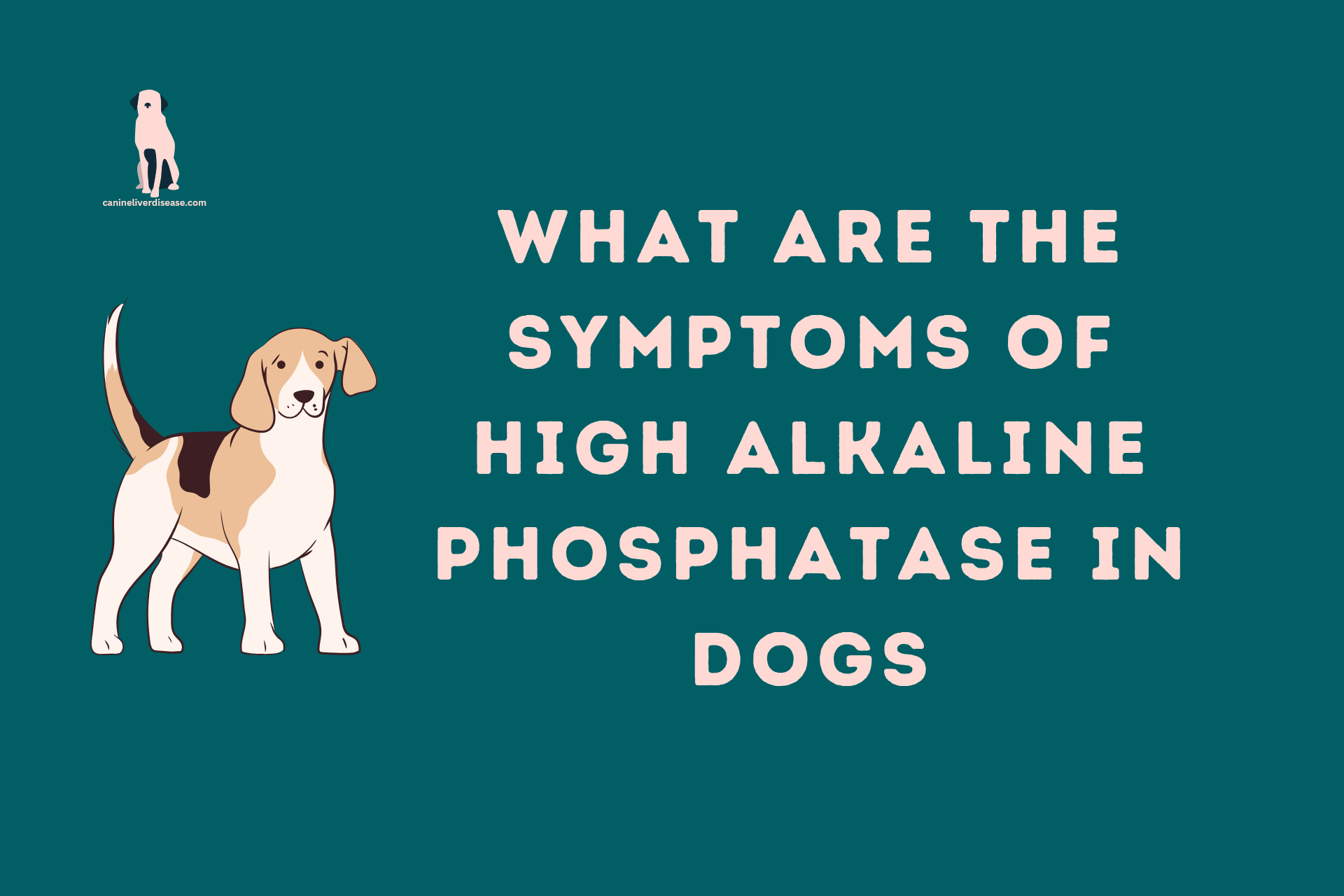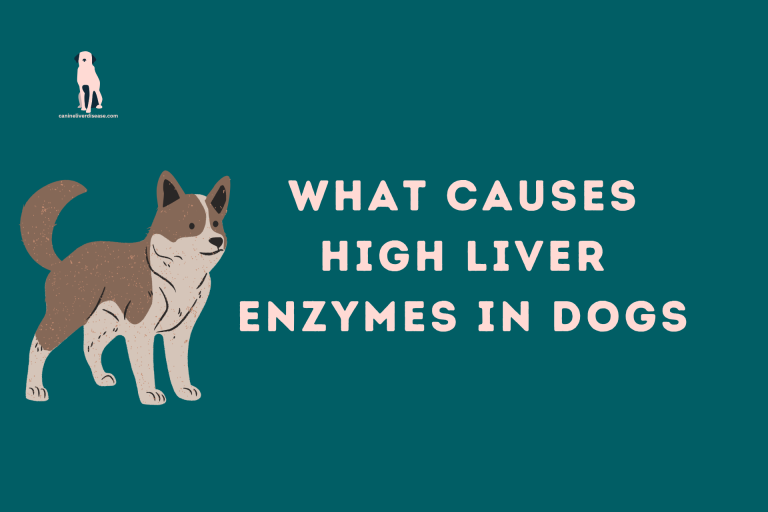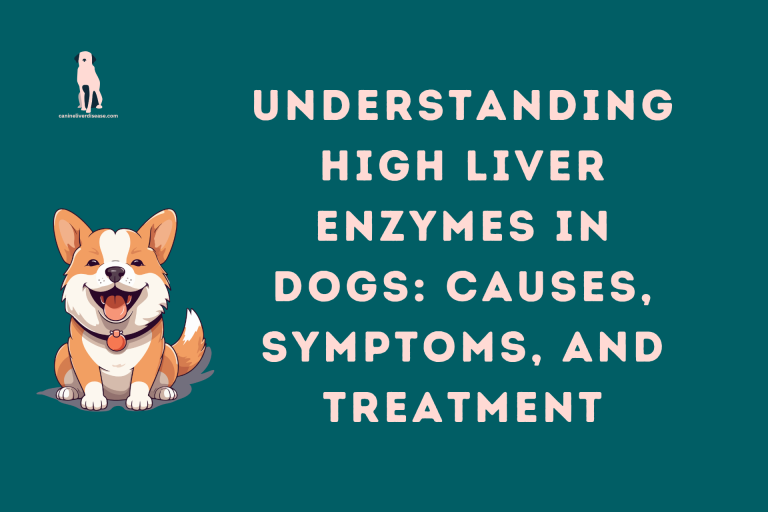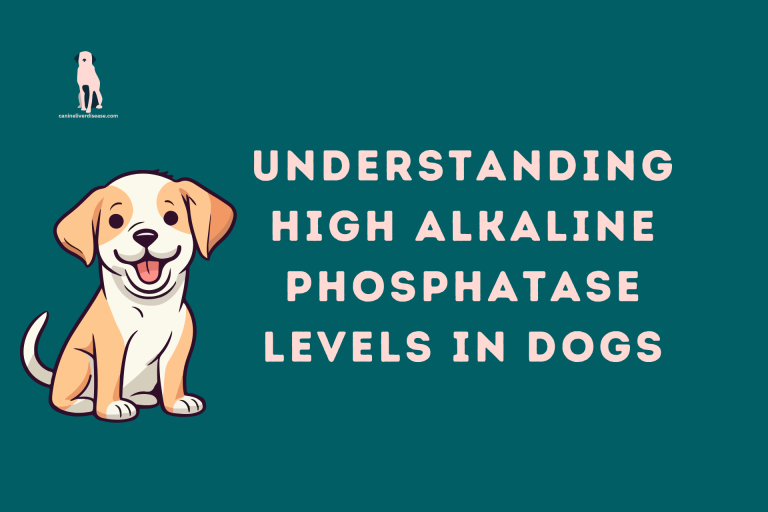What Are The Symptoms Of High Alkaline Phosphatase In Dogs
Dogs are wonderful companions, and as pet owners, it’s our responsibility to ensure their well-being. One crucial aspect of a dog’s health is monitoring their blood chemistry, including the levels of substances like alkaline phosphatase. In this article, we will explore the symptoms of high alkaline phosphatase in dogs and what you can do to help your furry friend.
What is Alkaline Phosphatase?
Alkaline phosphatase, often abbreviated as ALP, is an enzyme found in various tissues throughout a dog’s body. It plays a crucial role in several physiological processes, including bone formation and liver function. While it’s normal for dogs to have some ALP in their bloodstream, abnormally high levels can be a cause for concern.
Importance of Alkaline Phosphatase in Dogs
Before diving into the symptoms of high alkaline phosphatase, let’s understand why this enzyme is important. ALP helps in the development and maintenance of healthy bones in dogs. Additionally, it aids in the digestion of certain nutrients, particularly in young puppies.
Symptoms of High Alkaline Phosphatase in Dogs
When a dog’s alkaline phosphatase levels become elevated, it can indicate an underlying health issue. Here are some common symptoms to watch out for:
Digestive Issues
Dogs with high ALP may experience digestive problems such as diarrhea or vomiting. These issues can be persistent and affect their overall well-being.
Lethargy
Lethargy or a lack of energy is another potential sign. Your dog may appear tired and unwilling to engage in activities they once enjoyed.
Loss of Appetite
A decrease in appetite is often associated with high ALP levels. If your dog suddenly loses interest in food, it could be a cause for concern.
Jaundice
Jaundice, characterized by yellowing of the eyes and skin, may occur in dogs with elevated alkaline phosphatase. This indicates a potential liver issue.
Bone Problems
Since ALP is involved in bone health, dogs with high levels may experience bone-related problems, such as pain or difficulty moving.
Behavioral Changes
Unexplained behavioral changes can also be a sign. Your dog might become irritable or anxious due to discomfort.
Other Potential Symptoms
In some cases, other symptoms like increased drinking and urination or weight loss may accompany high ALP levels.
Diagnosing High Alkaline Phosphatase
If you observe any of these symptoms in your dog, it’s essential to consult your veterinarian. They will perform a thorough examination and may request blood tests to confirm elevated ALP levels.
Common Causes of Elevated Alkaline Phosphatase
Understanding the root cause of high ALP levels is crucial for effective treatment. Some common causes include liver disease, bone problems, infections, or even certain medications.
Treatment Options
Treatment for high alkaline phosphatase levels depends on the underlying cause. It may involve medication, dietary changes, or addressing any specific health issues your dog is facing.
Preventing High Alkaline Phosphatase Levels
While not all cases of high ALP can be prevented, maintaining a healthy diet and regular exercise can contribute to overall well-being. Regular check-ups with your veterinarian can also catch potential issues early.
Conclusion
In conclusion, high alkaline phosphatase levels in dogs can be a sign of underlying health problems. It’s essential to be vigilant and seek veterinary care if you notice any concerning symptoms. With early diagnosis and proper treatment, your beloved pet can enjoy a happy and healthy life.
FAQs
How is high alkaline phosphatase diagnosed in dogs?
High alkaline phosphatase is diagnosed through blood tests conducted by a veterinarian.
Can high alkaline phosphatase in dogs be cured?
The treatment depends on the underlying cause, but many cases can be managed effectively with proper care.
Are there any specific dog breeds more prone to high alkaline phosphatase levels?
There’s no specific breed predisposition, as high ALP levels can occur in any dog.
Can dietary changes help lower alkaline phosphatase levels?
In some cases, dietary adjustments recommended by a veterinarian may help manage high ALP levels.
Is high alkaline phosphatase always a serious health concern in dogs?
While it can indicate underlying issues, not all cases of high ALP are life-threatening. It’s crucial to consult a veterinarian for proper evaluation and guidance.







